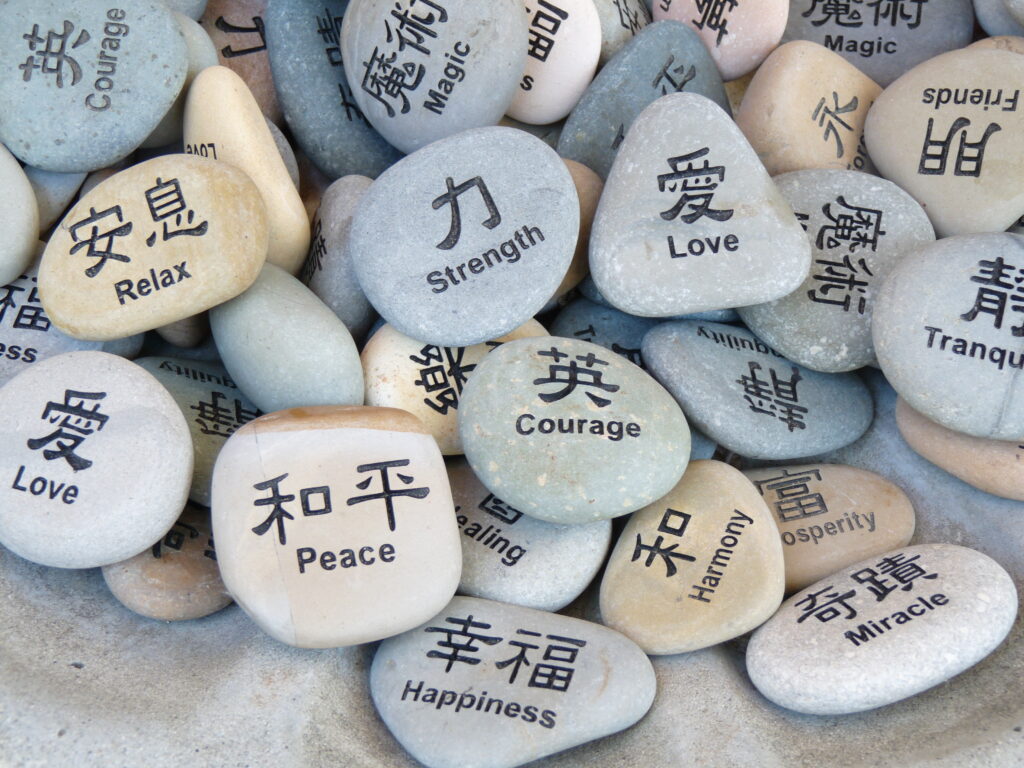For some brands, trademarking Chinese words or phrases might hit just the right note in terms of image. BBQ pork buns sound appetizing, but describing them as char siu bao provides a special touch. And for established brands from the Chinese-speaking world, Chinese words may already be an indelible part of their identity. Yet the use of Chinese words—indeed any foreign words—raises certain issues when it comes to registering trademarks in the United States.
The Doctrine of Foreign Equivalence
When trademarking foreign words, brands must keep in mind the USPTO’s doctrine of foreign equivalents. According to this doctrine, “a foreign word (from a language familiar to an appreciable segment of American consumers) and the English equivalent may be held to be confusingly similar.” Likelihood of confusion is grounds for refusal of a trademark registration application, under Section 2(d) of the Trademark Act of 1946. 15 U.S.C. § 1052(d).
One example is the marks TEA and CHA, with the latter being the transliteration of—among others—the Chinese character 茶 (“tea”). Those two marks are confusingly similar, if they describe related goods.
As for the qualification that the foreign word must be “from a language familiar to an appreciable segment of American consumers,” Chinese easily meets that standard. And if you want to get technical, that would be the case for Mandarin and Cantonese standing alone, and possibly other Chinese languages as well. In the past, USPTO has found that languages spoken far less in the United States than Mandarin and Cantonese are nonetheless “commonly spoken” in the country.
Fancy Chinese Words Won’t Make Your Mark Fanciful
When trademarking Chinese words, similarity to English marks that have the same meaning is just one potential issue. While a Chinese word may have an exotic ring to most American consumers, USPTO may consider it to be a generic description of the goods and services in question. The Trademark Act prohibits the registration of marks that are “merely descriptive.” 15 U.S.C. § 1052(e)
An example of a descriptive mark in this context is, again, CHA, if used to identify tea. On the other hand, if CHA is used to identify gardening services or batteries, its registration should face no problems on descriptiveness grounds.
What About Trademarking Chinese Words?
To be fair, cha is a better known Chinese word than most, in part because it (and derivatives like chai) means “tea”—itself a word of Fujianese origin—in many languages around the world. American consumers are also exposed to the word thanks to brands like Gong Cha. But what about trademarking a more obscure Chinese word? Or what if the trademark includes actual Chinese characters? Is USPTO really going to translate them?
Translation of Chinese Words in Trademark Applications
When examining an application to trademark a foreign word, USPTO does not need to translate it, as that is something the applicant must do. According to federal regulations, trademark applications must include English translation of any non-English wording. 37 CFR § 2.32(a)(9). In the case of non-Latin characters, both a transliteration and a transliteration must be provided. 37 CFR § 2.32(a)(10).
One example of a mark in Chinese that illustrates both of these requirements was registered by Din Tai Fung in 2021. The mark includes both the restaurant’s name in Chinese characters and their transliteration. According to the registration,
The English translation of ‘DIN TAI FUNG’ in the mark is ‘tripod is calm and rich.’
The non-Latin characters in the mark transliterate to DIN TAI FUNG and this means tripod is calm and rich in English.
Word to the Wise: Don’t Get Cute with USPTO
Not surprisingly, applicants sometimes try to pull a fast one on USPTO when trademarking foreign words, claiming a particular word has no meaning in a foreign language, or translating it in a way designed to facilitate the registration. However, as we’ve pointed out, federal officials can and do rely on the internet when they’re doing their job. So if you want to argue that your BEZAU mark is just something fanciful you came up with for your craft beer, go for it—just don’t be surprised if USPTO calls you out.

























